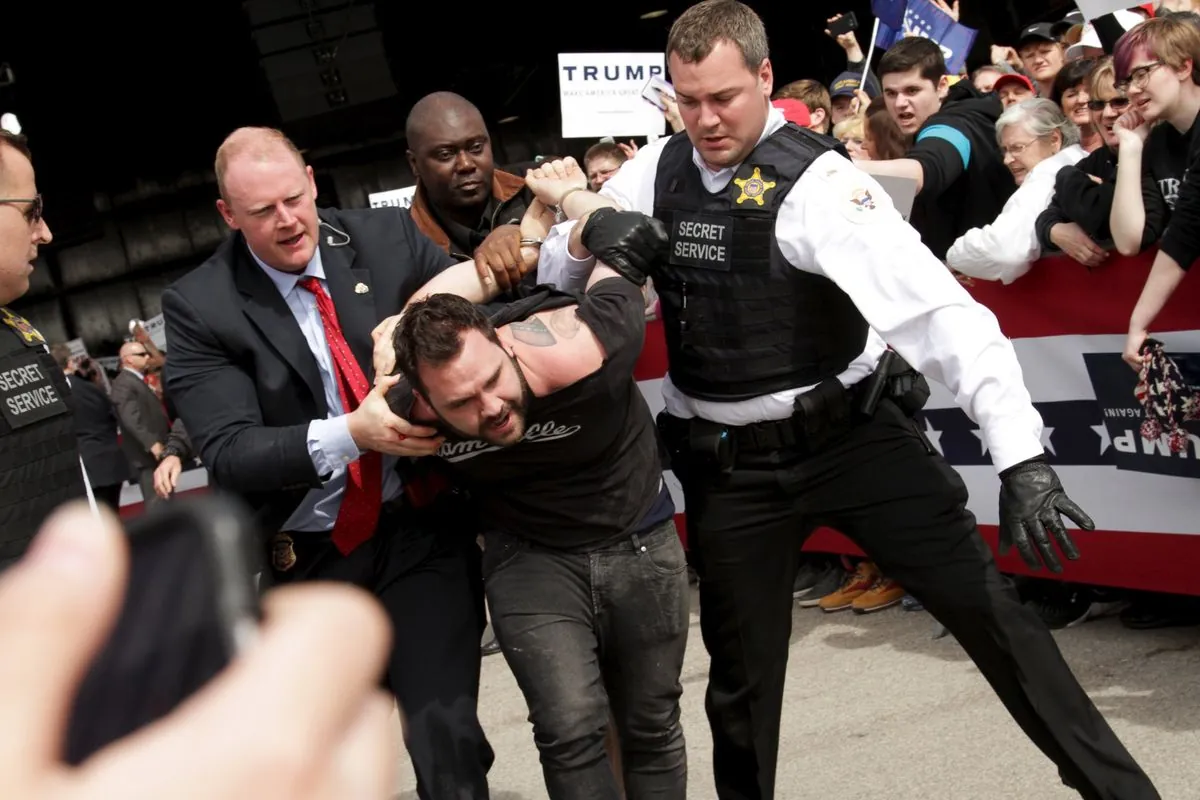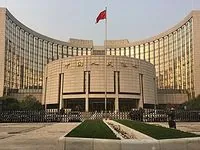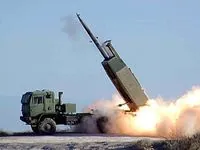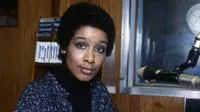Trump Assassination Attempts Spark Conspiracy Theories Across Political Spectrum
Recent assassination attempts on Donald Trump have fueled widespread conspiracy theories from both supporters and opponents, reflecting a growing trend of skepticism and misinformation in American politics.

In the wake of two recent assassination attempts on Donald Trump, a surge of conspiracy theories has emerged from across the political spectrum, highlighting a growing trend of skepticism and misinformation in American politics.
On September 15, 2024, Ryan Routh, 58, was apprehended at a Florida golf course after a Secret Service agent spotted him concealing a loaded rifle in nearby bushes. This incident, coming just two months after a previous attempt in Pennsylvania on July 13, has sparked a flurry of conspiracy theories questioning the authenticity of these events.
The BBC recently featured two women with contrasting political views, both asserting that Trump had staged the second assassination attempt. This phenomenon reflects a broader trend in which individuals from various political backgrounds are increasingly prone to disbelieve official narratives, especially when it comes to the controversial former president.

The proliferation of these theories can be attributed, in part, to the pervasive influence of social media. With over 4.5 billion active users worldwide, platforms like Twitter and Facebook have become breeding grounds for the rapid spread of unverified information. The average American now spends more than two hours daily on social media, exposing themselves to a constant stream of potentially misleading content.
Professor Sander van der Linden, a social psychology expert at Cambridge University, explains the psychology behind this phenomenon: "If you don't like Trump, if you think he's unsuitable, you reinterpret or distort information that suits that narrative. In this case, you reinterpret the event as Trump staging his own assassination, because part of your worldview is that he deceives people on a regular basis."
The rise of conspiracy theories is not limited to fringe groups. The term "BlueAnon" emerged around 2021 as a counterpart to QAnon, suggesting that even those who consider themselves politically moderate may be susceptible to unfounded beliefs.
Professor Karen Douglas of the University of Kent notes the difficulty in countering these narratives: "Once conspiracy theories are out there, they are difficult to quell, especially when some of the facts are still unknown. Even after that, once people believe in a conspiracy theory, it is often difficult to convince them otherwise."
The phenomenon of conspiracy theories in American politics is not new. The first known assassination attempt on a U.S. President occurred in 1835 against Andrew Jackson, and speculation about such events has been a part of political discourse ever since. However, the current climate of heightened polarization and mistrust has amplified these tendencies.
While skepticism towards government and media can be healthy in a democracy, unchecked conspiracy thinking poses risks. The FBI has classified some conspiracy theory-driven extremists as domestic terrorism threats, underscoring the potential for real-world consequences.
Joseph Uscinski, a political science professor at the University of Miami, offers a balanced perspective: "Democracy requires a certain amount of skepticism. It's not like anybody says you should trust the government all the time. We should be somewhat cynical and distrustful."
As the 2024 presidential election approaches, it is crucial for citizens to exercise critical thinking and seek reliable sources of information. The challenge lies in maintaining a healthy skepticism while avoiding the pitfalls of unfounded conspiracy theories that can undermine democratic institutions and public discourse.
"This was an assassination attempt on Donald Trump but I failed you. I tried my best and gave it all the gumption I could muster."
In conclusion, the recent assassination attempts on Donald Trump and the subsequent conspiracy theories underscore the complex interplay between politics, media, and public perception in contemporary America. As the nation grapples with these challenges, the importance of critical thinking and media literacy has never been more apparent.


































